graphene

Bonnie Tsim: My Graphene Journey
CDT 21st September 2023
We caught up with NOWNANO CDT alumna, Bonnie Tsim. Bonnie completed a PhD in 2021 while working on research in the electronic properties of twistronic graphene. She now works in a corporate role but still has her sight set on entrepreneurship. Hi Bonnie, lovely to catch up with you. Tell us a bit about yourself. […]
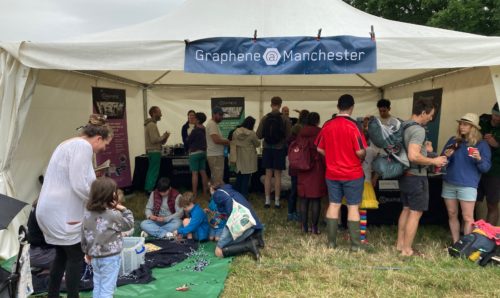
Graphene research students engage the public with science shows
CDT 30th November 2022
Postgraduate research students on the University’s Graphene NOWNANO CDT programme take part and demonstrate at science festivals, school visits and other public engagement events, to spread the word and inspire the next generation of graphene and 2D materials scientists. Outreach forms a key part of the programme and is a valuable way for research students […]

Graphene, AI and the brain: an extraordinary journey into human consciousness
Collaborations 24th June 2022
A world-leading Manchester nanoscientist says we are about to embark on a fantastic journey into the brain – and predicts a breakthrough “decoder” that could help us better understand human pathology, perception, capacity and consciousness.
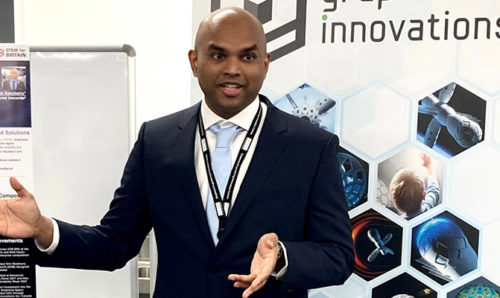
Graphene inventor Vivek Koncherry: from ‘backwater’ to space inventor
Applications 1st May 2022
Led by UoM alumnus and graphene inventor Vivek Koncherry, GEIC Tier 1 Partner Graphene Innovations Manchester uses advanced manufacturing techniques to deliver composite material applications for now and for the future. We sat down for a chat and started back at the beginning, in rural India…
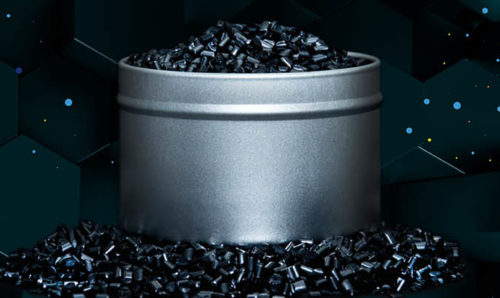
Colloids: masters of masterbatch
Applications 23rd March 2022
We caught up with one of the longest-term partners of Graphene@Manchester – Colloids – to talk about masterbatch: what it is, how it works and why graphene and related 2D materials are the key to a new era of multi-functional plastics.
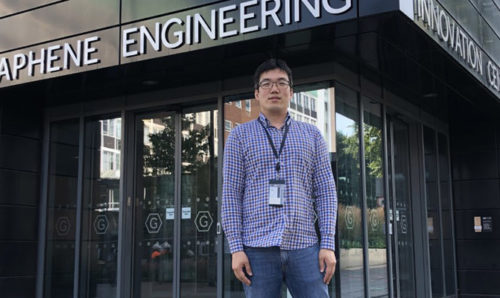
Nanoplexus: the Manchester SME at the cutting edge of 2D materials
Applications 9th September 2021
As Manchester technology SME Nanoplexus becomes a Tier 2 partner of the GEIC, chief executive Jae Jong Byun tells the story behind the company and outlines the potential for a new material called MXene to transform the landscape of advanced manufacturing.

COVID catalyst: how graphene can lead the global recovery
Applications 8th June 2021
James Baker, CEO of Graphene@Manchester, says innovation in advanced materials has the potential to support social, economic and technological opportunities to help achieve a green recovery following the impact of COVID-19.

Graphene: the building block for sustainable cities
Applications 1st December 2020
James Baker, CEO of Graphene@Manchester, says we need to explore with far more urgency how advanced materials can transform our built environment towards a low-carbon future.

Meet Matthew, the NGI’s award-winning post-doc
National Graphene Institute 17th November 2020
The NGI’s Dr Matthew Hamer, winner of the Scopus Early Career Research UK award for his work with 2D materials, tells us about his research.
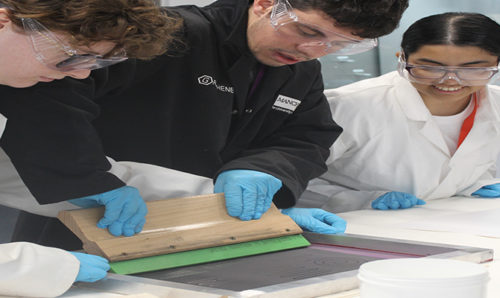
24 hour hackathon produces innovative graphene enhanced products
Applications 20th November 2019
Last weekend (16-17th of November) saw ten teams of multi-disciplinary backgrounds, from across the UK and Europe, work through the night to design, prototype and pitch a product incorporating conductive graphene inks. Teams would print, wire and code their ideas into reality over the 24-hour long competition hosted at the Graphene Engineering Innovation Centre (GEIC). […]

